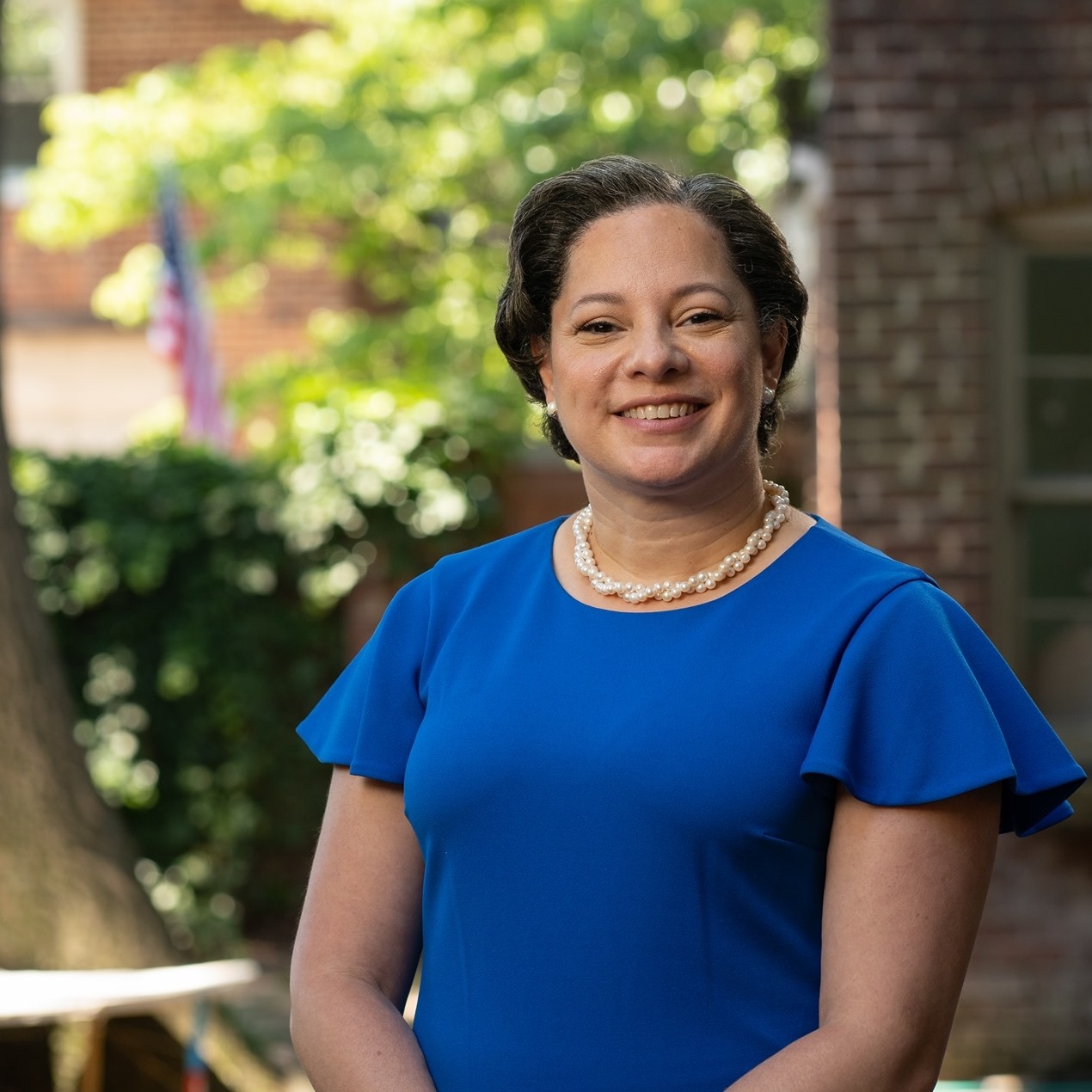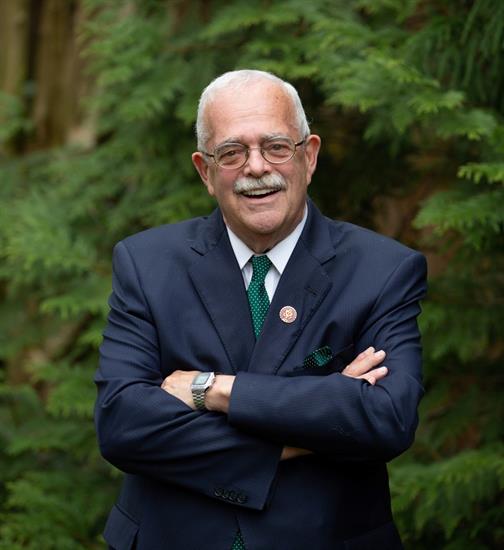McClellan: “Black Moms and Caretakers Aren’t Getting the Pay and Support They Deserve.”
This weekend, Essence magazine ran an opinion piece from gubernatorial candidate Sen. Jennifer McClellan (D-Richmond), highlighting the importance of investing in the care economy and universal childcare. McClellan rolled out her Universal Child Care and Early Education Plan in January, proposing a historic $4 billion investment in ensuring that every Virginia family has access to affordable child care.
The opinion piece is below:
Essence: Opinion: Black Moms and Caretakers Aren’t Getting the Pay and Support They Deserve. Universal Child Care Can Help Change That
By Senator Jennifer McClellan
Virginia gubernatorial candidate Sen. Jennifer McClellan pens an Op-Ed on racial equity and her proposed universal child care plan, as she vies to become the country’s first Black woman governor.
Like many Black women across the South, I come from a family of care workers. Nearly every woman on my mothers side of the family— my mother, aunts, grandmother, and great grandmother— cared for white families in the segregated Gulf Coast of Mississippi. Their stories are the story of the American economy: built on the backs of Black women who were undervalued, underprotected, and, for centuries, underpaid. For generations, the economy has left behind the care workforce and families who need care but can’t afford it. And children whose education depends on the zip code they were born in.
Over the past two years, we’ve made generational progress in Virginia to root out systemic inequities and exclusions that were baked into our systems. I’ve brought my personal experience to drive that generational progress. In honor of the domestic workers in my family and with the help of advocates from Care In Action, I fought to pass the Domestic Workers Bill of Rights to make Virginia the first state in the South to extend to them worker protections by ending Jim Crow-era exclusions to the minimum wage, anti-discrimination laws, workplace health and safety laws, and wage theft protections. This bill parallels federal legislation proposed by then-Sen. Kamala Harris. And just last week, I celebrated with domestic and homecare workers as the Virginia minimum wage increased for the first time since 2009.
Today, as we rebuild from COVID, our approach in Virginia must build upon that of the Biden-Harris administration: we must build back better by addressing inequities in our economy and education system that the COVID-19 crisis has exposed and made worse.
America depends more than ever on the care economy to keep the country moving. And child care is at the intersection of Black women in the workforce and Black moms raising kids. But the rising cost of child care has exacerbated inequity in education, 154,000 Black women across the country left the workforce in December alone, and care workers – who are disproportionately Black women – are still one of the most underpaid groups in the nation. To close the achievement gap, support Black moms, and pay Black women the wages they deserve, we need to implement Universal Child Care.
As governor, I’ll make Virginia the model.
Before the pandemic, Virginia already faced a child care affordability crisis— ranking 41st in the country in infant care affordability. During the pandemic, nearly 40% of child care facilities closed their doors. That’s why, this year, I became the first gubernatorial candidate in Virginia to ever call for implementing universal child care and early childhood education for every family in the Commonwealth. My plan invests $4 billion in our early childhood system and makes child care a public necessity, not a luxury.
This investment has provided immediate benefits: higher education outcomes for mothers, increased parental labor force participation and subsequent increase in family income. Early childhood education programs serving marginalized communities demonstrate the long-term success of child care and early education, including a 39% increase in IQ rates by age 5 and a 17% increase in high school graduation rates.
We start by fixing the cost of child care. When I became the first pregnant delegate in Virginia history, I experienced firsthand how difficult it can be to find high quality, affordable child care.
Working moms, especially working Black moms, have been hit the hardest by child care closures over the past year, left with the impossible decision to leave the workforce to take care of kids. Across the country, Black families are more likely to live in “child care deserts” and more likely to cite cost as a barrier to finding child care than white families. And COVID-19 has made affordable child care even harder to find. No family should choose between keeping their job and taking care of their kid.
That’s why as governor, I will make it my top priority that every family with a child from birth through four-years-old has access to child care they can afford, increasing access to affordable child care for more than 500,000 Virginia children.
In order to do that, we have to invest in the care economy. About 1 in 5 child care workers are Black women — compared to comprising 7% of the overall workforce. And while child care workers overall are drastically underpaid, with one in ten earning incomes below the poverty line, the wage gap persists still for Black women workers who earned $12.98 per hour on average compared to white women care workers who made $14.38 per hour on average in 2018. And as of late spring 2020, 35% of Virginia child care workers have reported a decrease in pay. Care workers are essential to the fabric of our economy, and it’s time to pay them essential wages. I’ll make sure that every child care worker is paid at least a $15 wage and I’ll create more than 80,000 additional jobs in the care economy as governor. Investing in care means investing in our future.
With President Biden’s announcement of his American Families Plan last week, including a $225 billion investment in child care, we’ll have a crucial starting block as we begin to rebuild our economic and education systems equitably. But we still need to go further to uplift families and workers who have been left behind for too long. That’s why I plan to make Universal Child Care the blueprint for achieving equity in America.
Black women have been doing the work to keep the country running. It’s time to make the country work for us, too.



